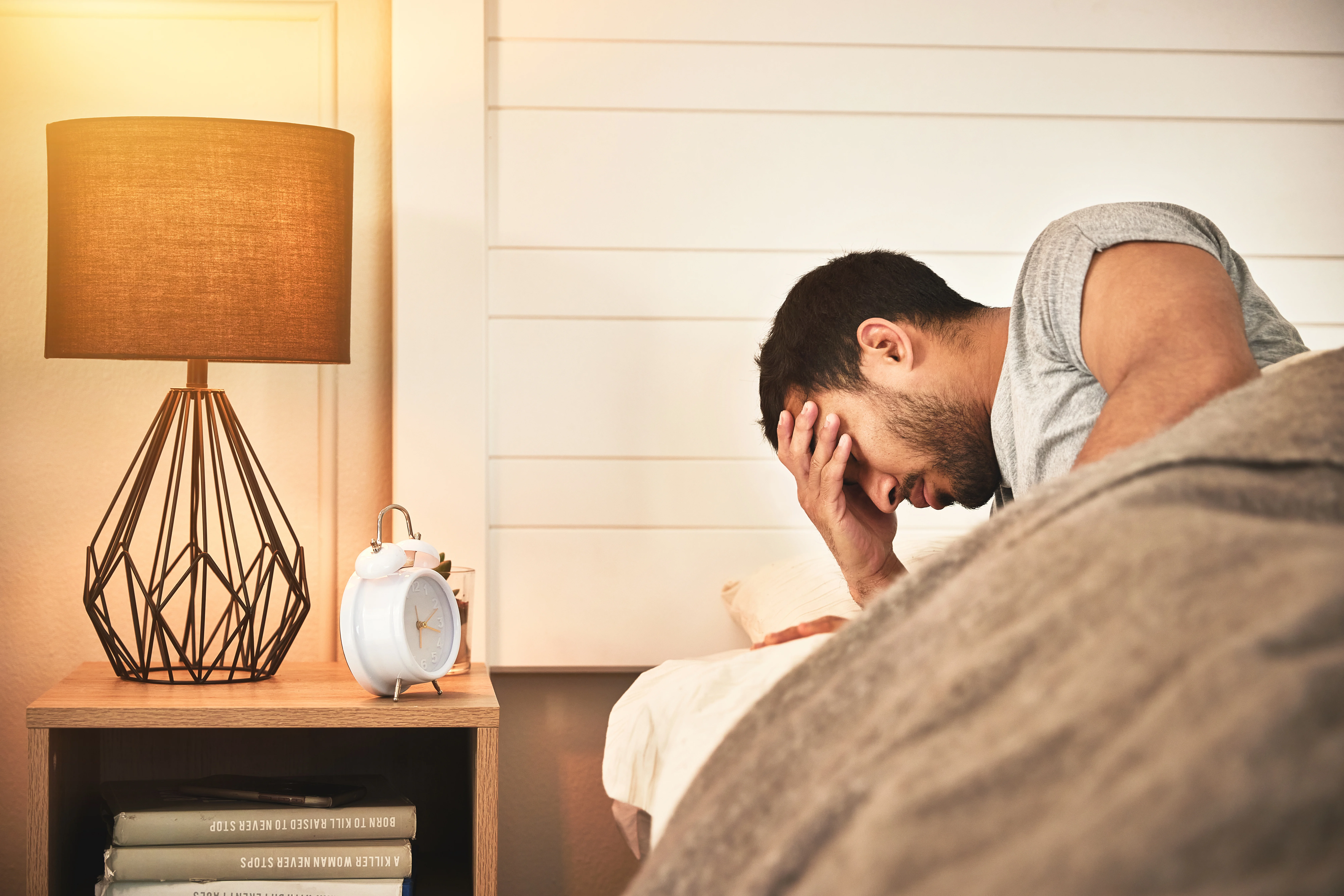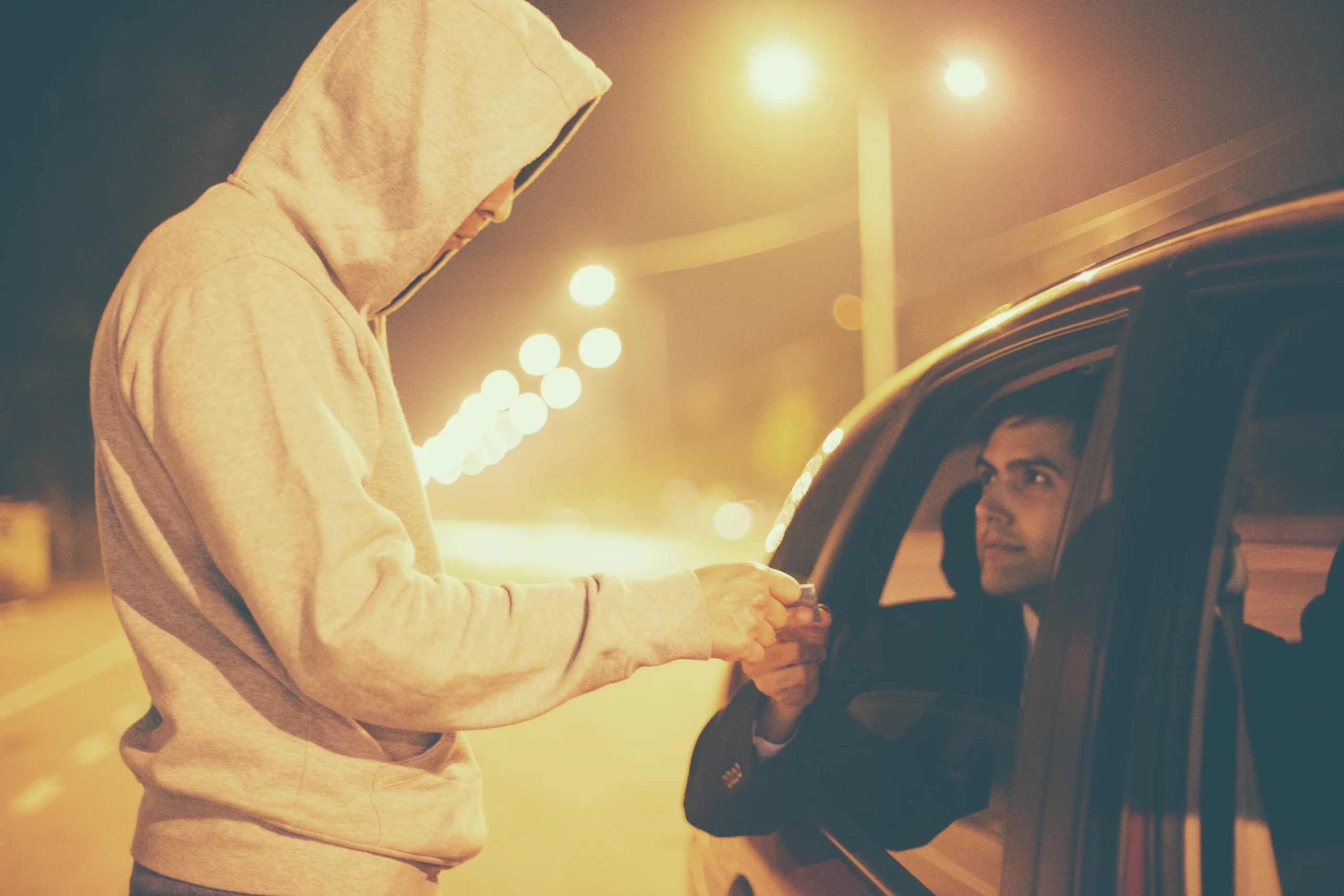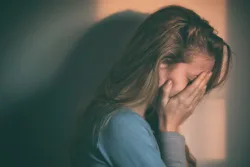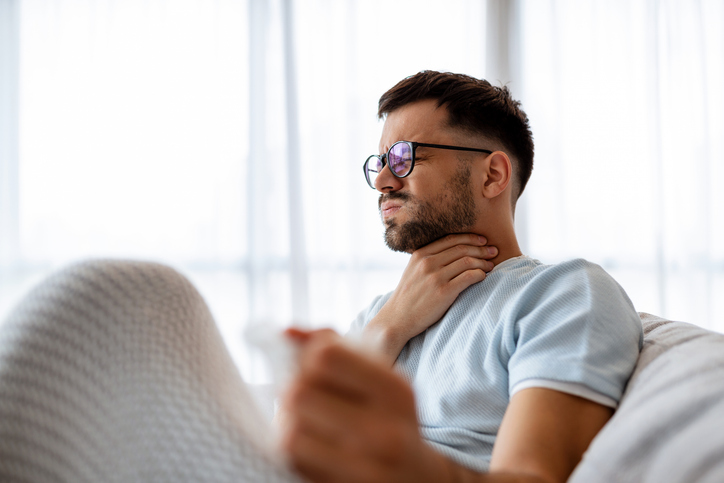Does Alcohol Make Your Pupils Small? Understanding the Effects of Alcohol on Pupil Size
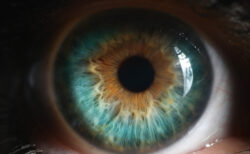
Alcohol is known for its myriad effects on the body, including its impact on our vision. One question that often arises is: does alcohol make your pupils small? To answer this, we need to delve into the physiological mechanisms at play when we consume alcohol and understand how it affects our eyes, specifically our pupils.
Alcohol and the Nervous System
Alcohol is a central nervous system (CNS) depressant. When consumed, it slows down brain function and neural activity. The autonomic nervous system, which controls involuntary functions such as heart rate, digestion, and pupil size, is significantly affected by alcohol. This system comprises two main branches: the sympathetic and parasympathetic nervous systems. The sympathetic nervous system is responsible for the “fight or flight” response, which includes pupil dilation (mydriasis) to improve vision. Conversely, the parasympathetic nervous system promotes “rest and digest” activities, which can lead to pupil constriction (miosis).
Does Alcohol Constrict Your Pupils?
So, does alcohol constrict your pupils? Yes, alcohol can cause pupil constriction. When alcohol depresses the CNS, it can enhance the activity of the parasympathetic nervous system, leading to miosis. This means that after consuming alcohol, your pupils may become smaller. This effect can vary depending on the amount of alcohol consumed and individual differences in alcohol metabolism and nervous system sensitivity.
Alcohol and Dilated Pupils: A Complex Relationship
Interestingly, the relationship between alcohol and dilated pupils is not straightforward. While alcohol generally leads to pupil constriction, certain circumstances can cause dilation. For instance, in the initial stages of alcohol consumption, the body’s response might include sympathetic nervous system activation, causing temporary pupil dilation. Additionally, if alcohol consumption is paired with certain drugs or stimulants, the combined effects can lead to pupil dilation.
Moreover, chronic alcohol use can lead to changes in the functioning of the autonomic nervous system. Long-term heavy drinking might cause autonomic neuropathy, a condition where the autonomic nerves are damaged. This can lead to various symptoms, including changes in pupil size regulation. In such cases, individuals might experience either sustained pupil dilation or constriction, depending on the extent and nature of the nerve damage.
Factors Influencing Pupil Response to Alcohol
Several factors can influence how alcohol affects your pupils. These include:
- Amount of Alcohol Consumed: Higher levels of alcohol consumption generally result in more pronounced CNS depression, leading to greater pupil constriction.
- Individual Differences: Genetic factors, overall health, and the presence of other substances can affect how alcohol influences the nervous system and pupil size.
- Environmental Conditions: Lighting conditions can also play a role. In low-light settings, pupils naturally dilate to allow more light in, but alcohol consumption can counteract this by promoting pupil constriction.
- Tolerance: Individuals who consume alcohol regularly may develop a tolerance to some of its effects, potentially altering the typical pupil response.
Understanding the Broader Implications
Understanding the effects of alcohol on pupil size is more than a mere curiosity; it has practical implications. For instance, law enforcement officers often use pupil size and reactivity as part of field sobriety tests. Pupil constriction, in conjunction with other signs such as impaired motor skills and slurred speech, can indicate alcohol intoxication.
Furthermore, changes in pupil size can affect vision. Smaller pupils reduce the amount of light entering the eye, impairing night vision and overall visual acuity. This is why individuals under the influence of alcohol often struggle with tasks that require clear vision, such as driving at night.
Get Help Today
Understanding the impact of alcohol on the central nervous system and its tendency to promote parasympathetic activity affirms the question of whether alcohol makes pupils small. While alcohol generally causes pupil constriction, the relationship between alcohol and dilated pupils can be influenced by various factors, including the amount of alcohol consumed, individual differences, and the presence of other substances. Recognizing these effects can help us better understand the broader implications of alcohol consumption on our visual and overall neurological health.
If you or a loved one is suffering from alcohol use disorder, don’t hesitate to reach out to High Focus Centers PA to get the help you deserve today.


